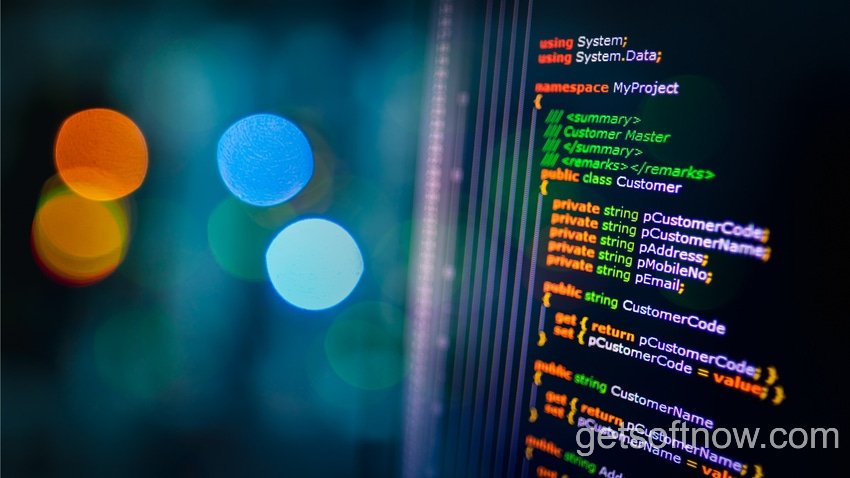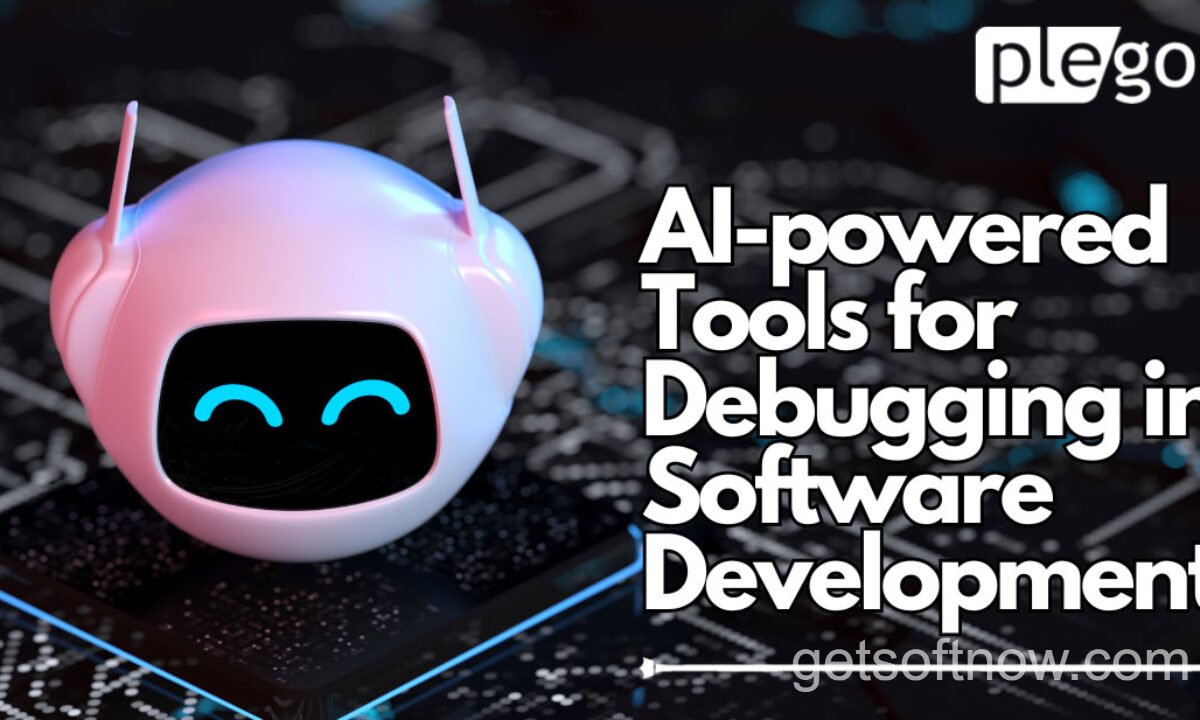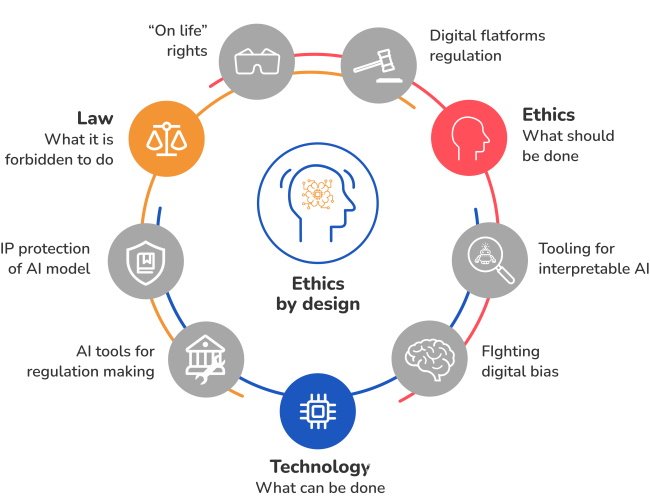Explore the cutting-edge AI tools transforming software development. From code generation to debugging, learn how these powerful assistants streamline workflows, boost productivity, and enhance coding expertise.
AI Tools for Software Development: Unleashing the Power of Intelligent Coding
In the ever-evolving landscape of software development, artificial intelligence (AI) has emerged as a game-changer, revolutionizing the way developers approach coding tasks. From code generation and automation to debugging and quality assurance, AI tools are empowering developers with intelligent assistants that streamline workflows, boost productivity, and enhance coding expertise.
At the forefront of this transformation are AI-powered code assistants like GitHub Copilot and Tabnine. These innovative tools leverage advanced language models and machine learning algorithms to provide intelligent code suggestions, auto-completion, and even generate entire code snippets based on natural language prompts or existing code context.
GitHub Copilot, for instance, has been trained on a vast corpus of code repositories, enabling it to understand and generate code in various programming languages. By analyzing the developer’s code and comments, it can suggest relevant code completions, saving time and effort while ensuring code consistency and quality.
AI-Powered Code Assistants
AI-powered code assistants like GitHub Copilot and Tabnine have revolutionized the coding process by offering intelligent auto-completion, code generation, and more. These tools leverage advanced language models and machine learning algorithms to understand the context of the code and provide relevant suggestions, streamlining the development workflow.
With the ability to generate entire code snippets based on natural language prompts or existing code context, these assistants empower developers to focus on higher-level tasks, accelerating the development cycle and boosting productivity. By analyzing the developer’s code and comments, they can suggest relevant code completions, ensuring code consistency and quality.

Furthermore, AI-powered code assistants can help developers learn and adapt to new programming languages and frameworks more efficiently. By observing the developer’s coding patterns and providing relevant examples, these tools act as intelligent tutors, facilitating knowledge transfer and enabling developers to expand their skill sets rapidly.
Low-Code and No-Code Platforms
In addition to AI-powered code assistants, the software development landscape has witnessed a rise in low-code and no-code platforms, such as AppMaster, OutSystems, and Mendix. These platforms leverage AI and machine learning to enable non-technical users, including business professionals and citizen developers, to build applications with minimal or no coding required.
By providing intuitive visual interfaces, drag-and-drop components, and pre-built templates, low-code and no-code platforms empower users to create applications rapidly, without the need for extensive programming knowledge. Additionally, these platforms often integrate AI-powered features such as intelligent recommendations, automated code generation, and built-in testing and deployment capabilities, further streamlining the application development process.
Debugging and Code Optimization
AI-Assisted Debugging
One of the most time-consuming and challenging aspects of software development is debugging – the process of identifying and fixing errors or defects in code. AI tools have emerged as powerful allies in this domain, offering AI-assisted debugging capabilities that can significantly streamline the debugging process and reduce development time.
Tools like Amazon CodeGuru, Sider, and DeepCode leverage machine learning algorithms and static code analysis techniques to detect potential errors, vulnerabilities, and code smells automatically. By analyzing the codebase, these tools can identify root causes of issues, provide detailed explanations, and suggest potential fixes, empowering developers to resolve bugs more efficiently.

Furthermore, AI-assisted debugging tools can learn from historical code changes and bug fixes, continuously improving their ability to detect and resolve issues. This proactive approach to debugging can help developers catch and address problems early in the development cycle, reducing technical debt and ensuring higher code quality.
Code Refactoring and Optimization
In addition to debugging, AI tools are also playing a crucial role in code refactoring and optimization. As codebases grow and evolve over time, maintaining code quality, performance, and maintainability becomes increasingly challenging. AI-powered tools like Codacy, SonarQube, and Sweagle can analyze codebases and identify areas for improvement, such as code duplication, inefficient algorithms, and potential performance bottlenecks.
By leveraging machine learning algorithms and static code analysis techniques, these tools can suggest refactoring opportunities and optimization strategies, enabling developers to improve code quality, enhance performance, and increase maintainability. Additionally, some tools offer automated refactoring capabilities, streamlining the process of applying code changes and ensuring consistency across the codebase.
Testing and Quality Assurance
AI-Driven Test Case Generation
Ensuring software quality and reliability is a critical aspect of software development, and testing plays a crucial role in this process. However, manual test case creation can be time-consuming and prone to human error, especially for complex systems. AI tools have emerged to address this challenge by offering AI-driven test case generation capabilities.
Tools like AI Testing, EvoSuite, and Diffblue Cover leverage machine learning algorithms and advanced heuristics to analyze the codebase and generate comprehensive test cases automatically. By simulating various usage scenarios and edge cases, these tools can help increase test coverage, identify potential issues, and reduce the manual effort required for testing.

Furthermore, AI-driven test case generation tools can adapt and learn from historical test data, enabling them to generate more accurate and relevant test cases over time. This proactive approach to testing can help developers catch and address issues early in the development cycle, reducing the risk of defects and ensuring higher software quality.
Automated Code Review
In addition to testing, automated code review is another area where AI tools are making a significant impact. Tools like DeepSource, Codacy, and SonarQube leverage AI and machine learning techniques to analyze codebases and identify potential issues, security vulnerabilities, and code smells.
By automating the code review process, these tools can save developers significant time and effort while ensuring consistent code quality and adherence to best practices. Additionally, some tools offer integrated workflows, enabling seamless integration with popular code collaboration platforms like GitHub, GitLab, and Bitbucket, further streamlining the development process.
Collaboration and Project Management
AI-Powered Project Management Tools
Effective project management is essential for successful software development, and AI tools are playing an increasingly important role in optimizing this aspect. AI-powered project management tools like Trello, Asana, and Jira leverage machine learning algorithms and predictive analytics to assist with task prioritization, resource allocation, and risk management.
These tools can analyze historical project data, identify patterns, and provide intelligent recommendations for optimizing workflows, allocating resources efficiently, and mitigating potential risks. Additionally, some AI-powered project management tools offer features like automated task scheduling, real-time progress tracking, and intelligent reporting, enabling project managers to make data-driven decisions and ensure timely project delivery.

AI-Enabled Code Collaboration
Collaboration is a critical aspect of software development, particularly in team environments. AI tools are enhancing code collaboration by offering features like AI-enabled code review, merge conflict resolution, and version control assistance. Platforms like GitHub, GitLab, and Bitbucket are integrating AI capabilities to streamline collaboration workflows.
For instance, AI-powered code review tools can analyze changes, identify potential issues, and provide intelligent feedback, ensuring code quality and consistency across the team. Additionally, AI-enabled merge conflict resolution can help developers resolve conflicts more efficiently by suggesting intelligent merges and conflict resolutions based on the code context.
Furthermore, AI-powered collaboration tools can facilitate knowledge sharing and onboarding by analyzing codebases, identifying best practices, and providing personalized recommendations for developers, fostering a culture of continuous learning and improvement within the team.
Ethical Considerations and Challenges
Bias and Fairness in AI Tools
As AI tools become increasingly prevalent in software development, it is crucial to address potential biases and ensure fairness in their outputs. AI models are trained on vast datasets, which may contain inherent biases or reflect societal prejudices. If left unchecked, these biases can manifest in the AI-generated code, perpetuating discrimination or unfair practices.
To mitigate this risk, developers and organizations must prioritize bias testing and fairness audits for AI tools used in software development. This involves rigorous evaluation of the models, identifying and addressing biases in the training data, and implementing ethical AI practices throughout the development lifecycle.
As stated by the AI Now Institute, “AI systems are not objective or neutral; they are imbued with human decisions and priorities from the data they are trained on and the questions they are asked to answer.”
By fostering transparency, accountability, and ethical AI governance, the software development community can harness the power of AI tools while ensuring fair and inclusive outcomes.
Intellectual Property and Licensing
The use of AI-generated code raises important questions regarding intellectual property and licensing. As AI models are trained on vast codebases, there is a potential risk of inadvertently reproducing copyrighted code snippets or infringing on existing intellectual property rights.
To address this challenge, developers and organizations must carefully review the licensing terms and conditions associated with the AI tools they use. Additionally, it is essential to establish clear guidelines and best practices for attributing AI-generated code, ensuring proper acknowledgment of the tools and models used.
Collaborative efforts between legal experts, AI researchers, and software development communities are crucial for developing ethical AI governance frameworks that balance innovation, intellectual property rights, and responsible AI use.
Human-AI Collaboration and Workforce Impact
While AI tools offer numerous benefits for software development, it is important to consider their impact on the workforce and the dynamics of human-AI collaboration. As AI assistants become more sophisticated, there may be concerns about potential job displacement or the devaluation of human expertise.

However, many experts argue that AI tools should be viewed as augmentative rather than replacements for human developers. By offloading repetitive or tedious tasks to AI assistants, developers can focus on higher-level cognitive tasks, such as problem-solving, architectural design, and creative problem-solving.
To ensure a smooth transition and embrace the potential of human-AI collaboration, organizations must prioritize reskilling and upskilling initiatives for developers. This includes fostering a culture of continuous learning, providing training on AI tools and techniques, and promoting interdisciplinary collaboration between developers, AI experts, and domain specialists.
Ultimately, by adopting a responsible and ethical approach to AI adoption in software development, organizations can harness the power of these tools while ensuring fair and inclusive outcomes, protecting intellectual property rights, and fostering a culture of human-AI collaboration and continuous learning.
Conclusion
The rise of AI tools in software development is reshaping the way developers approach coding tasks, offering unprecedented opportunities for efficiency, productivity, and innovation. From code generation and debugging to testing and project management, AI-powered assistants are streamlining workflows and empowering developers to focus on higher-level cognitive tasks.
As the capabilities of these tools continue to evolve, it is essential for the software development community to embrace AI responsibly, addressing ethical considerations such as bias and fairness, intellectual property rights, and workforce impact. By fostering transparency, accountability, and ethical AI governance, developers can harness the power of AI while ensuring fair and inclusive outcomes.
The future of software development lies in the seamless integration of human expertise and AI capabilities, where developers and intelligent assistants collaborate to drive innovation, enhance coding practices, and deliver high-quality software solutions. Embracing AI tools with a responsible and ethical approach will pave the way for a more efficient, productive, and innovative software development landscape.
FAQs
-
How can AI tools improve code quality and maintainability?
AI tools can improve code quality and maintainability in several ways, including:
- Automated code review and analysis to identify potential issues, code smells, and security vulnerabilities
- Code refactoring and optimization suggestions to improve performance and maintainability
- Intelligent code generation and auto-completion to ensure consistency and adherence to best practices
-
What are the potential risks and ethical considerations associated with using AI tools in software development?
Some potential risks and ethical considerations include:
- Bias and fairness in AI models, which can perpetuate discrimination or unfair practices
- Intellectual property and licensing concerns related to AI-generated code
- Impact on the workforce and the need for reskilling and upskilling initiatives
-
How can organizations ensure responsible and ethical adoption of AI tools in software development?
Organizations can ensure responsible and ethical adoption of AI tools by:
- Implementing bias testing and fairness audits for AI models
- Establishing clear guidelines and best practices for attributing AI-generated code
- Prioritizing reskilling and upskilling initiatives for developers
- Fostering transparency, accountability, and ethical AI governance frameworks

Leave a Reply